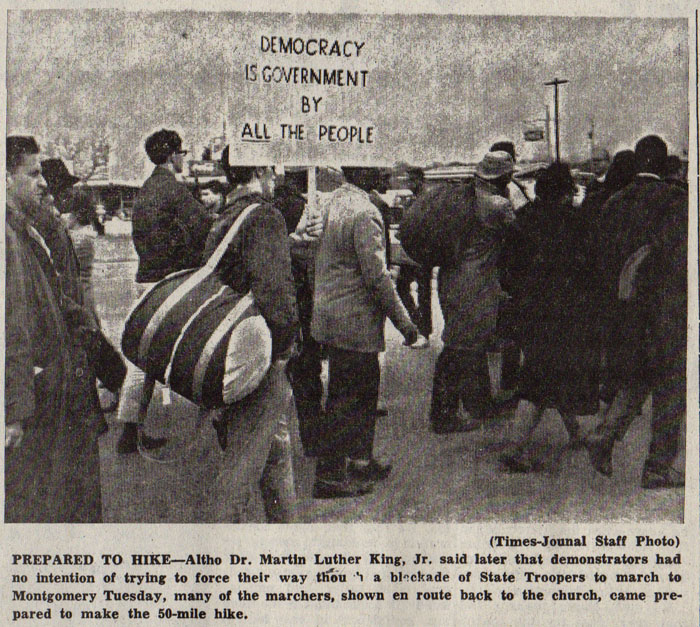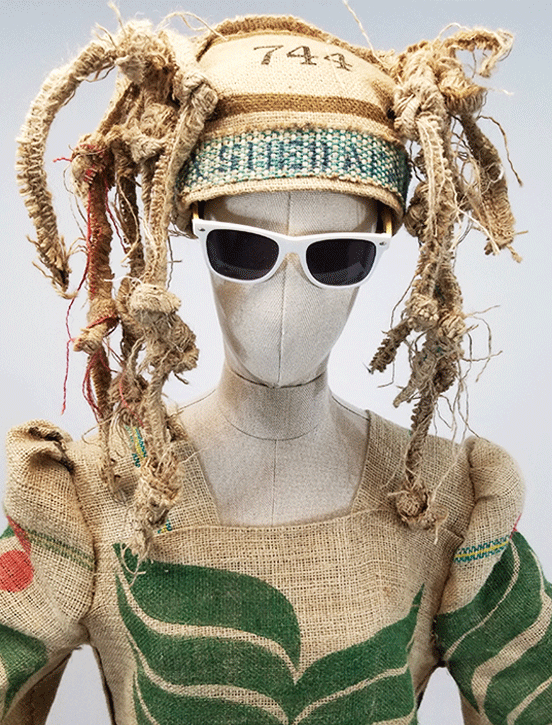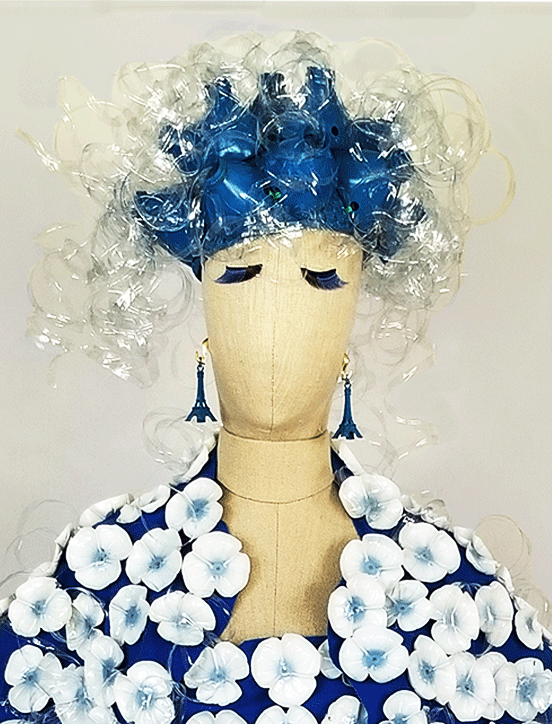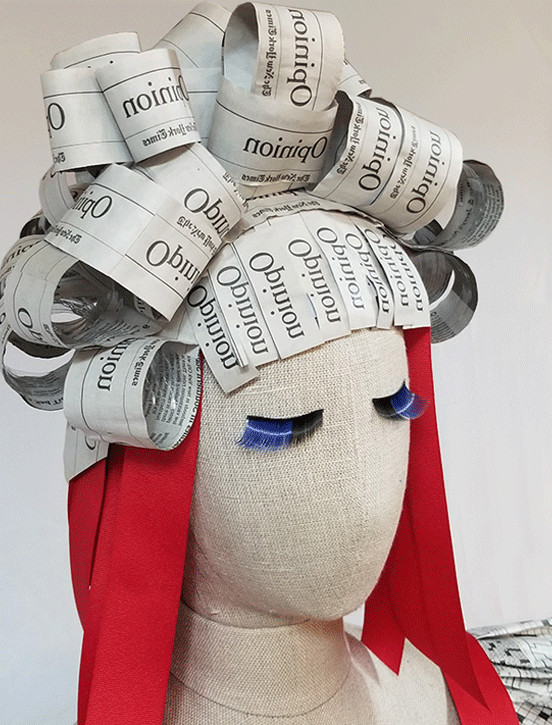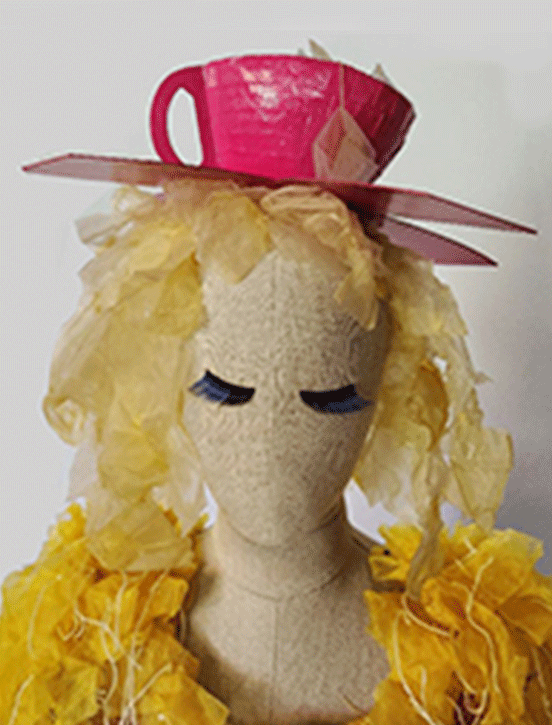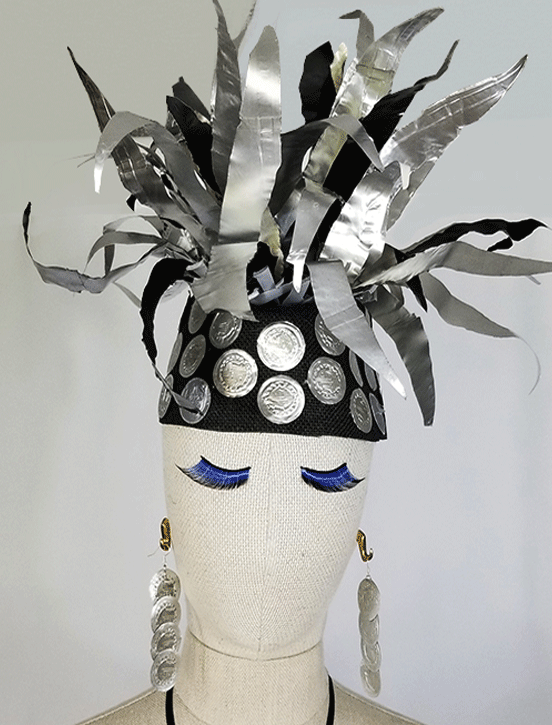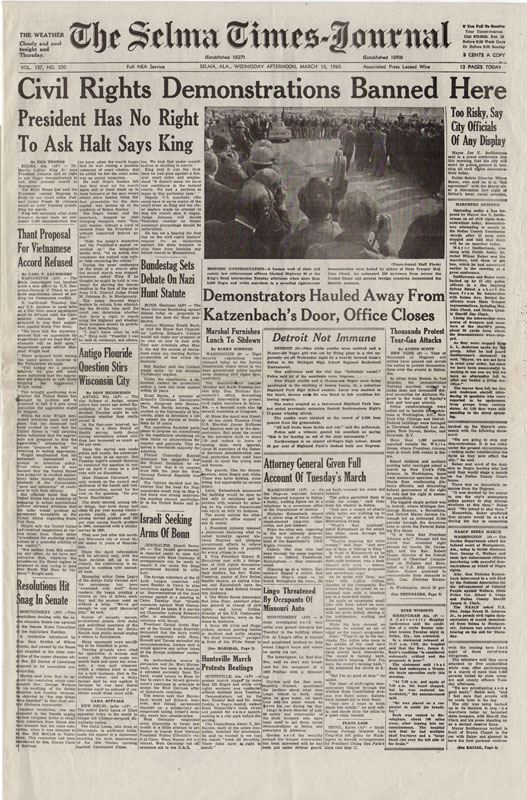 Excerpts from J.L. Rainey’s Journal, Selma, Alabama, March 1965, from the novel, The Clock Of Life, by Nancy Klann-Moren.
Excerpts from J.L. Rainey’s Journal, Selma, Alabama, March 1965, from the novel, The Clock Of Life, by Nancy Klann-Moren.
My posts will include both J.L.’s journal entries, and actual articles from The Selma Times-Journal each day until he reaches Montgomery.
This was day four after he arrived in Selma to take part in the right-to-vote march to Montgomery. This day was dubbed Turnaround Tuesday.
Tue, Mar 9, 10 pm ― This was another horseshit, bullshit, piece of shit day. I have to get a handle on my feelings, but dammit, I came here to be a part of this.
News spreads fast as greased lightning in the projects, and we woke up to word that MLK himself asked those who could to stay, to march to Montgomery later today. This morning I wouldn’t have left for anything. I felt like fate had laid its hand squarely on my throbbing shoulder.
On top of asking us to stay, he put out a call for more supporters from all over to come to Selma and help out. Believing in what we’re all here for, I took a double dose of codeine and went to Sylvan St. to hand out flyers to supporters coming in by busloads. The church was packed. No matter where I went folks were singing hymns or protest songs. The best part―with my sling and the hospital dressings on my head, I was sought after like someone important. The newcomers who’d watched us on TV wanted to hear all about it, and I was interviewed by a newspaper man from the state of Oregon.
The march was to begin at 2:15pm. I couldn’t see him up front, but King led the way from the church to the river. I was more nervous than on Sunday, but got my confidence back because of the headcount alone. Lots of people. I’d say triple Sunday’s count. When we reached the bridge, the douchebags were on the far side, just like before.
By King’s orders, we stopped at the bridge, then turned around and marched back to the church. I was pissed, to say the least, and caused one hell of a commotion. Some of the marchers around me had to calm me down.
I cooled off later when Spam told me King filed a court order to prohibit the police from stopping us, and the judge needed more time for his ruling. With all the people who’d come to help, King knew he had to make a gesture, even if nothing came of it.
The news people called today’s march Turnaround Tuesday. My shoulder’s still hurting like hell, but after meeting Abernathy and Young this evening, I’m feeling pumped again, and I’m sure we WILL make it to Montgomery.
Went for a dinner at Walker’s Cafe. Spam’s friend Eddie owns the place. Funny guy. Talks a lot.
****Judge Frank Minis Johnson. Right now he’s the only man who can make it happen.
The next afternoon, March 10, 1965, the Selma-Times Journal reported:

President Has No Right To Ask Halt Says King: By Rex Thomas Selma, Ala (AP) ―
Dr. Martin Luther King, Jr. says President Johnson had no right to ask Negro demonstrators to halt their planned march to Montgomery.
The White House had said the President wanted Negroes to abide by any court order. Federal Judge Frank M. Johnson issued an order Tuesday prohibiting the march.
King told newsmen after state troopers turned back an estimated 2,500 demonstrators that he knew when the march began that he was risking the possible contempt of court citation. But he added he felt the court order was an unjust injunction. He said Negro leaders felt that they must try the march again and at least stand up to state troopers at the spot where others were beaten when the first procession for the state capital was broken up at the outskirts of Selma Sunday.
The Negro leader said the marchers, stopped by club swinging troopers, were “brutally beaten, without a word of censure from the President or without concerted federal action. Both the judge’s injunction and the President’s appeal reminded us,” the integration leader said, “of an action that condemns the robbed man rather than censuring the robber.”
During the news conference on the steps of a church after the second march was stopped, newsmen asked King if he thought he might be held in contempt for starting the demonstration in the face of the order from U.S. District Judge Frank M. Johnson Jr. in Montgomery.
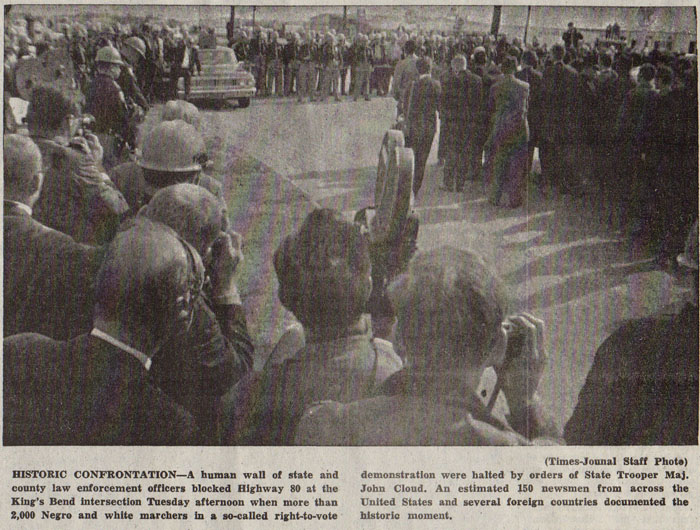
The judge directed Negro leaders to refrain from attempting the 50-mile hike until the court can determine whether they have a right to march along the highway and whether state troopers should be prohibited from interfering.
“I don’t know what he will do,” King said. “Possibly I can be held in contempt, and others too. We took that into consideration in deciding to march.” King said it was the first time he had gone against a federal court order and emphasized, “it doesn’t mean we have lost confidence in the federal courts. We had a decision to make in this particular case.”
Deputy U.S. marshals who came here to serve copies of the court order on King and the other leaders made no attempt to stop the march once it began. Judge Johnson will decide Thursday whether he thinks contempt proceedings should be undertaken. He has set a hearing for that day on the civil rights leaders request for an injunction against the state troopers to stop them from blocking any future march to Montgomery.
